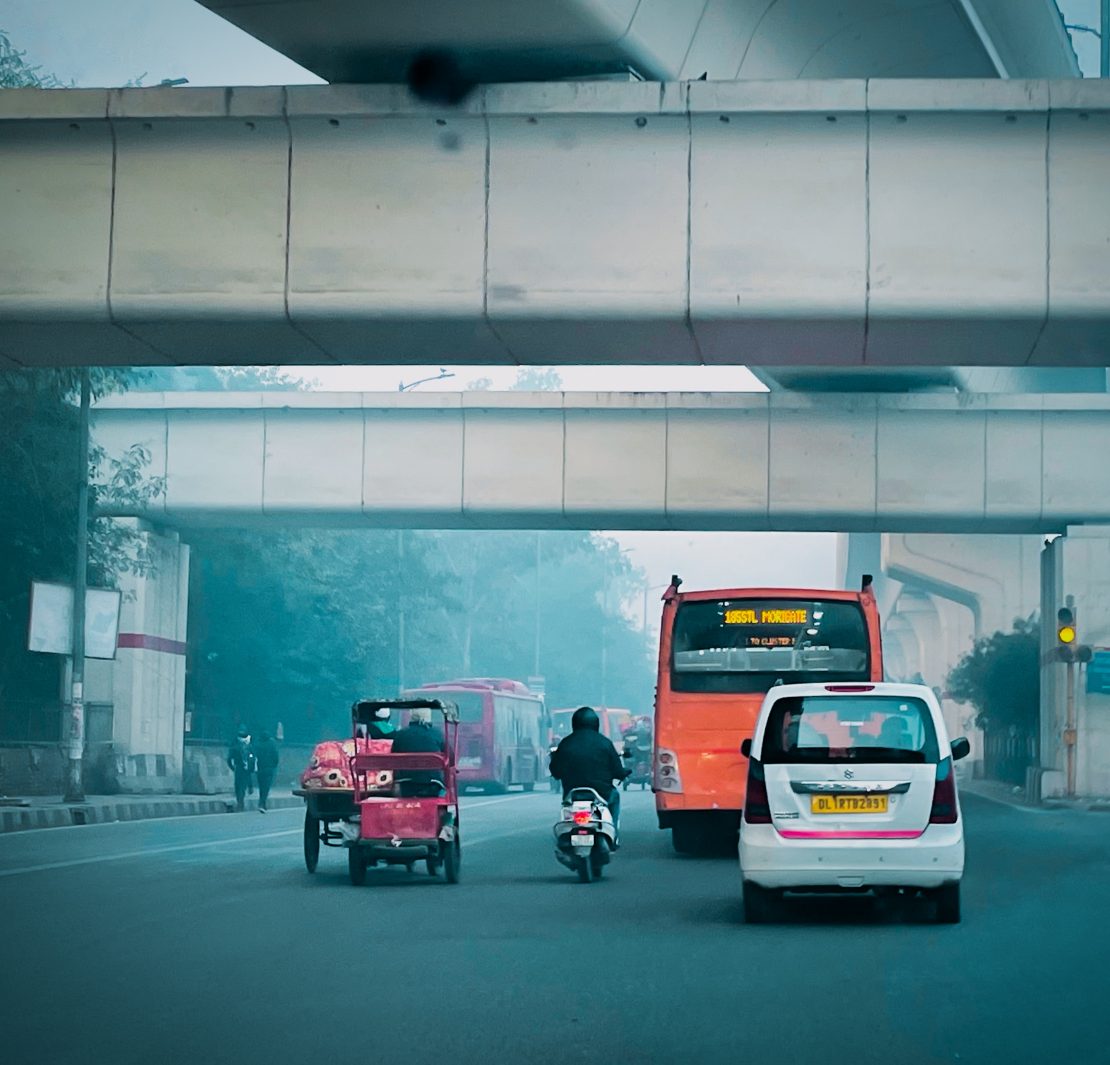It’s no surprise at this point that major Indian cities, especially Delhi have been at the top of the list of most polluted cities in the world. But now new findings also claim that the residents of Delhi are on track to lose a significant chunk of their lifespan to pollution.
As per the study, an updated Air Quality Life Index suggests that Delhi residents may lose 11.9 years of life if the current pollution levels in the city remain higher than the World Health Organization (WHO) set limit.
The findings based on PM2.5 data for 2021 derived from satellites showed that pollution in India has increased from 56.2 µg/m3 of air in 2020 to 58.7 µg/m3 of air in 2021. This exceeds the World Health Organization’s (WHO) guideline of 5 micrograms per cubic metre of air by more than 10 times.
About 67.4 per cent of the Indian population live in areas that exceed the country’s own national air quality standard of 40 µg/m3 of air.
Further, their findings showed that particulate pollution has increased over time. From 1998 to 2021, average annual particulate pollution increased by 67.7 per cent, further reducing average life expectancy by 2.3 years. From 2013 to 2021, India was responsible for 59.1 per cent of the world’s increase in pollution.
Measuring life expectancy, the researchers said particulate pollution (PM2.5) is the greatest threat to human health in India. It takes 5.3 years off the life of the average Indian.
In contrast, cardiovascular diseases reduce the average Indian’s life expectancy by about 4.5 years, while child and maternal malnutrition reduces life expectancy by 1.8 years.
The report further showed that 521.2 million people or 38.9 per cent of India’s population living in Northern Plains comprising Bihar, Chandigarh, Delhi, Haryana, Punjab, Uttar Pradesh, and West Bengal are on track to lose 8 years of life expectancy on average relative to the WHO guideline and 4.5 years relative to the national standard if current pollution levels persist.
Meanwhile, the UN recently endorsed children’s right to sue nations over climate change – adding that climate change is affecting children’s rights to life, survival and development. Climate change is one of the biggest challenges we’re facing today. Scientists and politicians say that there is no doubt that humans alone have caused the particularly rapid climate change seen over the past century – and it will most likely be responsible for the premature death of about one billion people over the next century.




